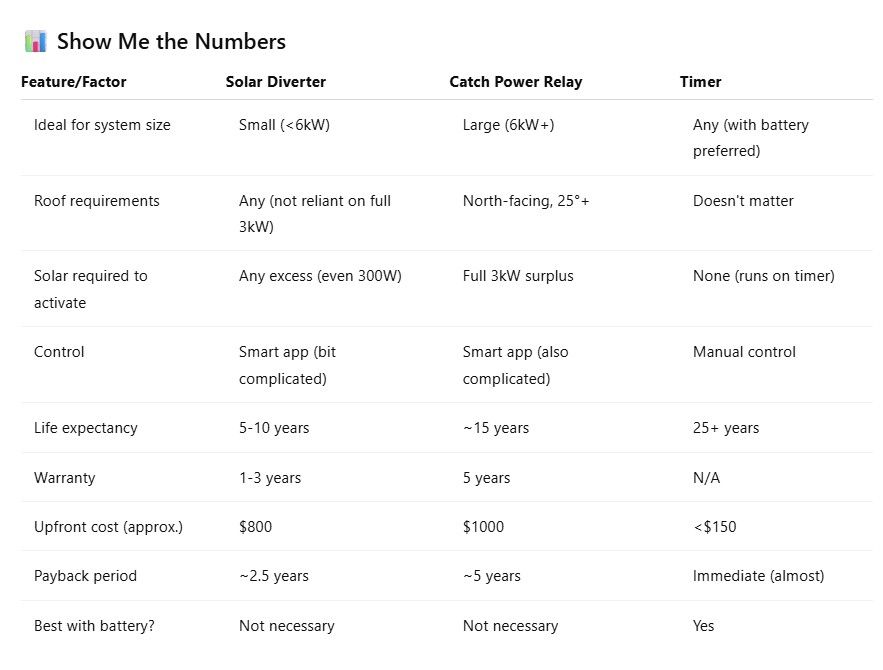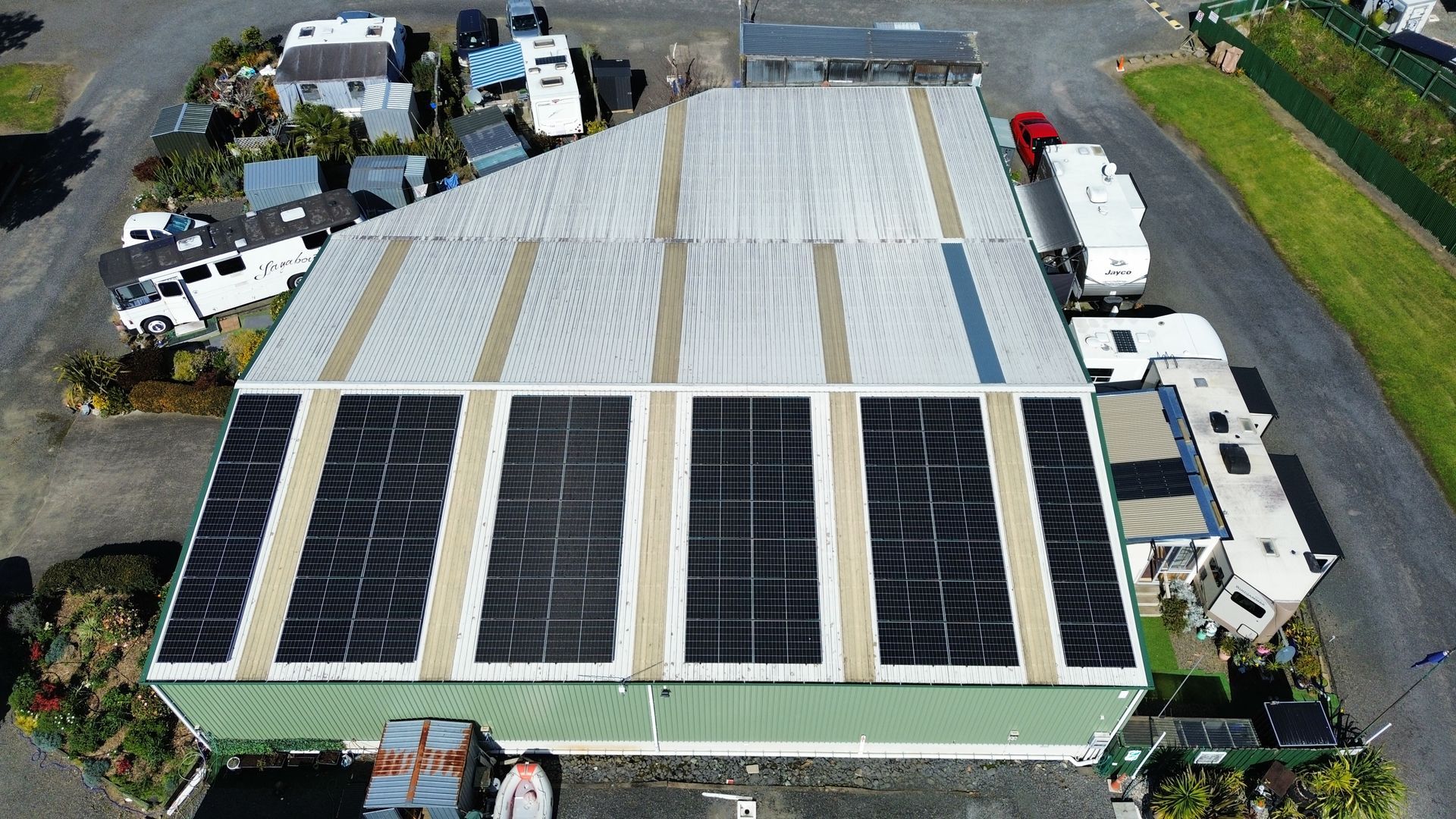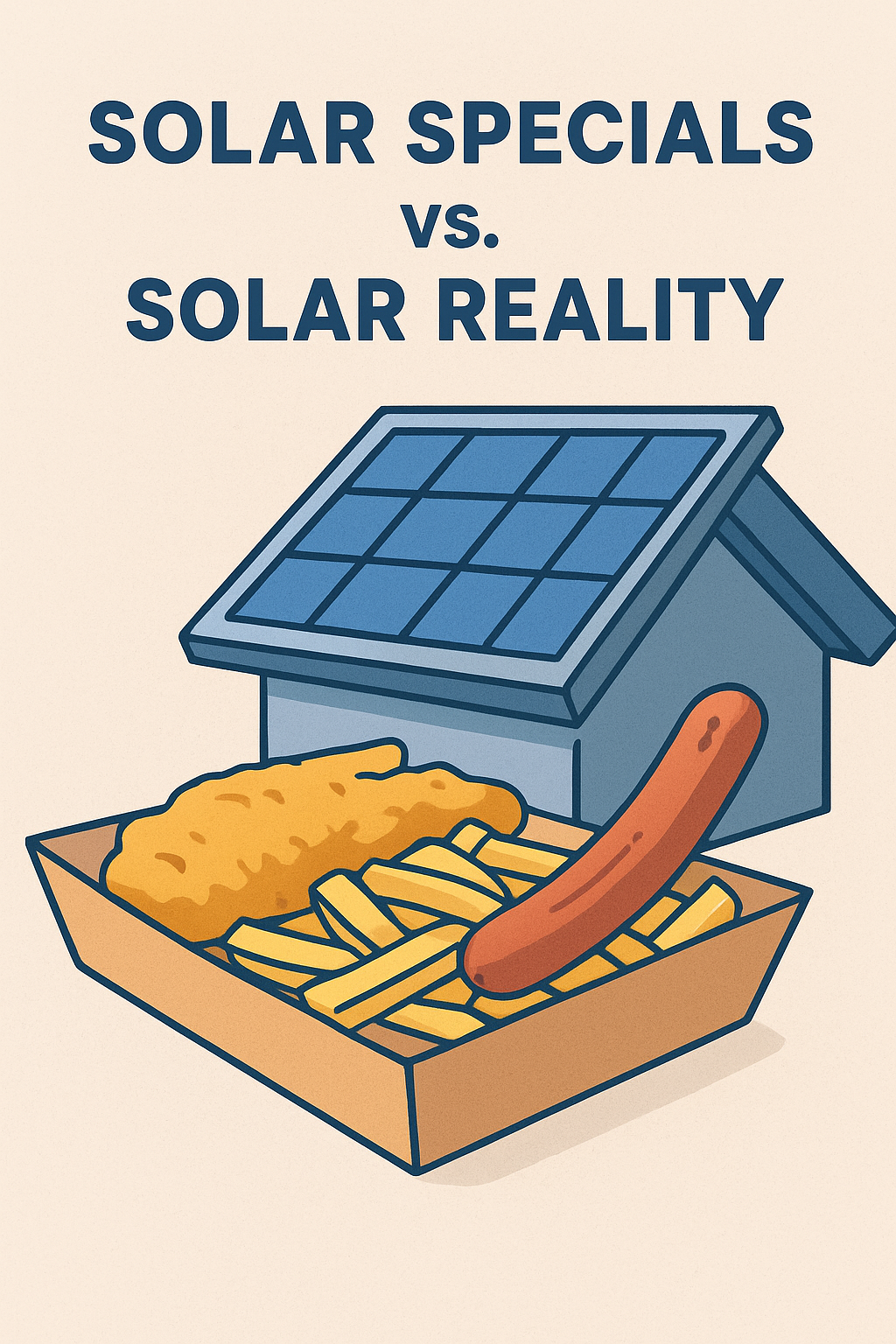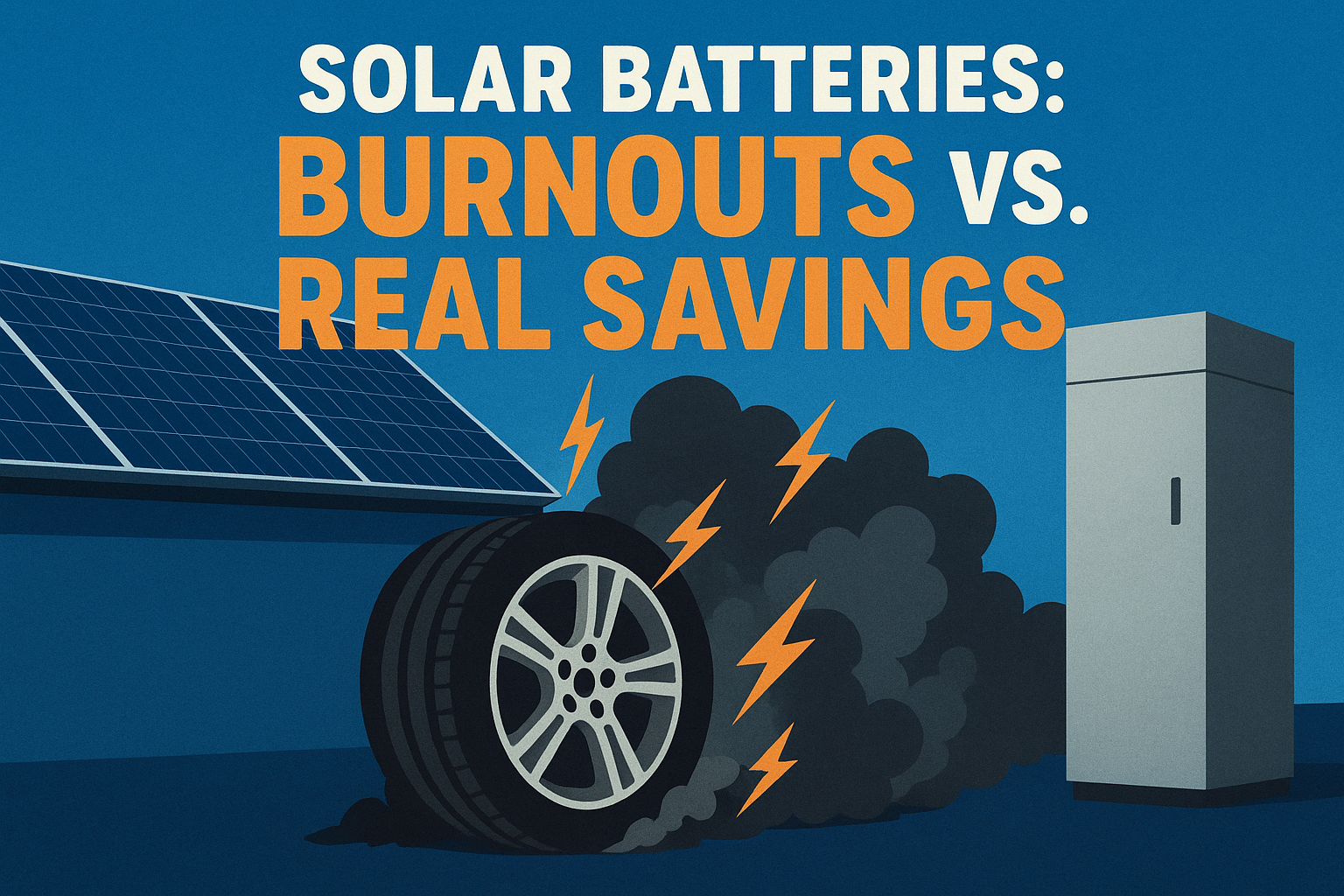Diverter, Timer, Catch Power, or Heat Pump Cylinder?
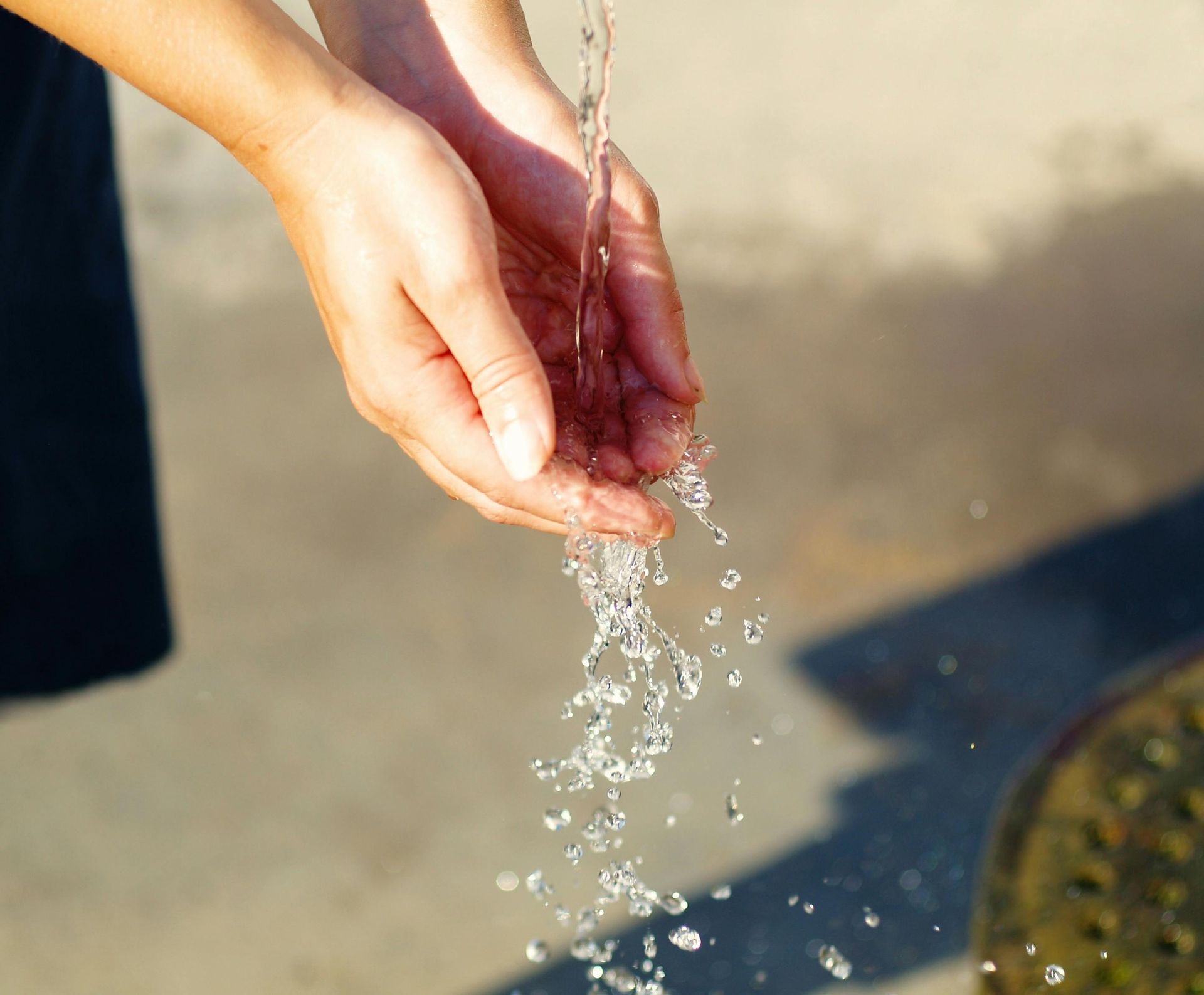
Should You Use a Diverter, a Relay, or a Timer to Heat Your Hot Water with Solar?
Hot water eats a massive chunk of your power bill, so naturally, if you’ve got solar panels (or you're thinking about getting them), it makes sense to ask: how do I get that free sunshine to heat my water?
Enter the options: Solar Diverter, Catch Power Relay, or a humble old-school Timer. Each one has its place, but getting the wrong one could either waste your solar or cost you a lot of money on power and the inevitable replacement.
So here it is — no fluff, no sales pitch, just a cheeky and brutally honest breakdown of when to use what, and why.
🔋 Solar Diverters: The Smart Sipper
Best for: Smaller solar systems that rarely have a full 3kW spare for the hot water cylinder.
What they do: Instead of waiting until there’s 3kW spare (the usual heating element requirement), diverters sip excess solar in small, variable amounts. Think of it like slowly filling your glass from the drips instead of the tap.
The Good:
- Increases your solar self-consumption
- Can heat your water even with only 300W-500W spare
- Makes the most of small systems
- Payback period generally sits at around 3 years, but depends on your energy rates - including your buy back rate.
The Bad:
- Expensive upfront (~$800 installed)
- 1 to 3-year warranty, 5-10 year lifespan (let’s hope it lasts closer to 10)
- You've got to become the master of another complicated phone app.
- On rainy/cloudy days, it will definitely default to grid power — usually between 4pm and 8pm when power prices are sky high, so you can have warm showers in the evening.
🚗 Catch Power Relay: The Strong, Silent Type
Best for: Big solar systems (6kW+), ideally north-facing with a good roof pitch (25°+). Not for shady characters or east/west arrays.
Why? Because East-West solar systems and low-pitch north systems don't perform very well in the coldest quarter of the year.
What they do: When the solar system has a full 3kW spare, the relay turns on and blasts it into your hot water cylinder. Simple and effective — but only when there's enough juice.
The Good:
- Great on big sunny systems
- Fewer moving parts = longer lifespan (~15 years)
- No slow sips — just a big solar chug when possible
- Can program to turn on your cylinder based on different parameters such as; if there is 2kW available, turn on the cylinder.
The Bad:
- Relies on hitting a solid 3kW threshold, or something less ideal
- Still defaults to grid power if there’s not enough sun — and yep, that usually means expensive 4–8pm power
- You've got to become the master of another complicated phone app.
- 5-year warranty
- Payback period closer to 5 years because its not as efficient as a diverter
⏰ Timer: The DIY MVP
Best for: Control freaks, people with batteries, or anyone who just wants simple and cheap.
What it does: Turns your hot water cylinder on at set times (usually mid-day). That’s it. No AI. No apps. Just good ol’ clockwork.
The Good:
- Cheap as chips
- Can last 25+ years
- Pairs well with batteries (A sunny morning charges your battery. A cloudy mid-day means your battery discharges for your timed hot water loads).
- A great solution for very large single phase systems with mid-day curtailment due to the 5kW export clipping. In this scenario, a timer is better than a catch power because you don't want your hot water cylinder to be heated before lunchtime!
The Bad:
- Not smart (but you are, and so are solar batteries).
- Doesn't optimise solar usage as well as a diverter or catch power.
- Much less efficient for homes with smaller solar systems.
Pro Tip: Most homes will need to add a short 'boost' period around 5am if morning showers are a priority. This could mean around 30% of your hot water energy comes from the grid. But that’s no different than using a Catch or a Diverter — if the sun’s not shining, someone’s paying.
Bonus Tip: If Your Family Treats the Shower Like a Day Spa...
A standard 250L electric cylinder takes 15kWh to heat from 20°C to 70°C. Do that twice a day and you’re chewing through 30kWh — nearly your whole solar production!
Enter the heat pump hot water cylinder. A good one might use as little as 5kWh to heat once through from cold to hot. That’s a 66% reduction in energy use. So if you’ve got a household of serial hot water abusers, ditch the old-school element and step into the future.
🌟 Final Verdict
- Small systems under 4kW? Get a diverter if you want to maximise your solar consumption.
- Medium systems (4-6kW) with a good pitch facing north? Get a diverter or a timer.
- Large systems (6-9kW)? Go Catch Power if you don't have a battery. More reliable than a diverter and worth doing to maximise solar use.
- Very large single phase systems (9 - 13kW)? Use a timer. This is where it really matters. These systems often hit the 5kW export limit, and most of that export happens around midday. If your hot water heats too early (as diverters often do), your hot water misses the peak solar production window — and your inverter will curtail your generation. Set your timer to start around 11AM. That way, your hot water load kicks in right when you need it — right as you start hitting the export cap.
- Got a battery? Set a timer, save cash, and sleep easy
- Got a high-use household? Stop using your solar to power a medieval water-boiler. Get a heat pump cylinder.
- The better your buyback rate relative to your actual power rate, the worse the payback period on your diverter, Catchpower, or Hot water timer
*Imagine your buyback rate was 20c, and your power rate was 21c. You wouldn't save much more whether you used, or sold your solar to the grid. See the logic?
Remember: Solar diverters and relays help you use your own solar power. With solar buyback rates around 14c and grid power sitting at 35c+, every kWh you keep is a win.
But hey — devices don’t last forever. If you’re banking on a 10-year ROI from a gadget with a 3-year warranty... maybe don’t.
Need help making the right call? That’s why we exist. Equity Solar Brokers: keeping you anonymous, and helping you make smart solar decisions.
